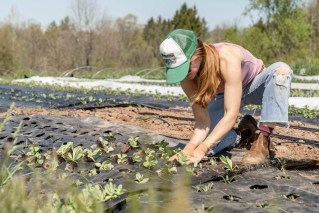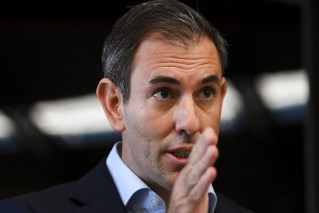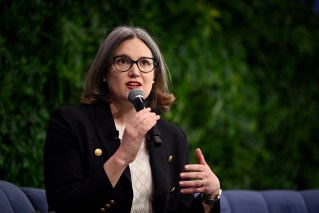Retirees facing biggest cash squeeze for a decade
Retirees are facing the biggest increase in living costs since 2010, according to the Association of Superannuation Funds Australia.


Retirement costs climbed in the September quarter (file photo)
Non-discretionary items like fuel and healthcare had driven the increase.
ASFA said December quarter figures indicated that couples aged around 65 living a comfortable retirement needed to spend $64,771 a year and singles $45,962, up by 1.5 per cent and 1.6 per cent respectively on the previous quarter.
ASFA deputy chief executive Glen McCrea said Australian retirees were now facing significant pressure on their budgets from non-discretionary inflation.
“This means unavoidable price increases on goods and services such as food, petrol and health costs,’’ he said.
“It’s critical that future retirees are able to build sufficient retirement savings to ensure they can have dignity, health, vitality and connection in retirement.”
In 2021, prices were up by around 3.5 per cent for the comfortable couple budget and by 3.9 per cent for the comfortable single budget.
In addition, the percentage increases in the budgets for those aged around 65 was higher than the increase in the December quarter All Groups CPI of 1.3 per cent.
It found price increases for retirees were outstripping those for employees.
“Retirees have not been able to avoid the price increases through switching what they purchase.
“Non-discretionary annual inflation is higher than the CPI and more than twice the rate of discretionary inflation.”
Non-discretionary inflation includes goods and services such as food, automotive fuel, and health costs.
“While there is considerable subsidisation of health costs, out of pocket expenses remain substantial for items such as dental treatment, gap payments for procedures in hospitals and emerging items such as the cost of Covid-19 rapid antigen tests,” ASFA said.
“Over the last couple of years, the balances of women and low-income earners have been impacted by the acceleration of price increases, Covid-19 and policies such as the early release of super.
“It is crucial that the Government addresses the repair of people’s retirement budgets as we start to see the other side of the Covid-19 crisis.”
Retirement budgets for those aged around 85 were up by 0.8 per cent from the previous quarter reflecting the different expenditure pattern in such budgets.
Among the cost increases was fuel (+6.6 per cent), motor vehicles (+1.9 per cent), meals out and takeaway food rose (+1 per cent), dairy and related products rose (+1.7 per cent), non-durable household products (+3.7 per cent), domestic and household services (+1.3 per cent), domestic holiday travel and accommodation (+4.8 per cent)












